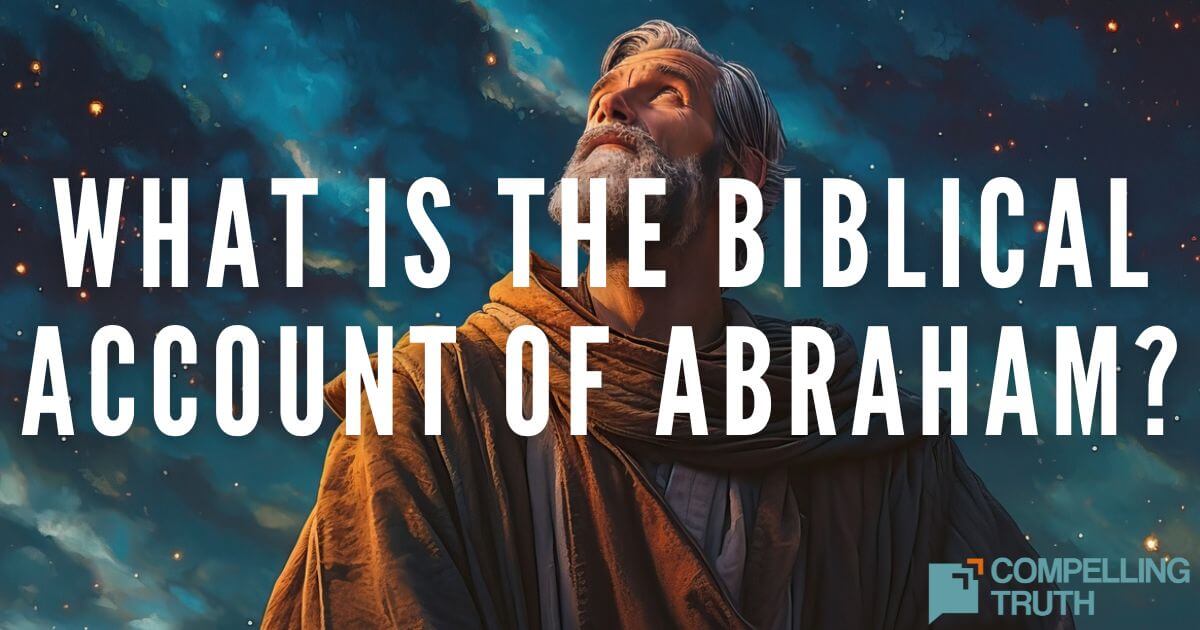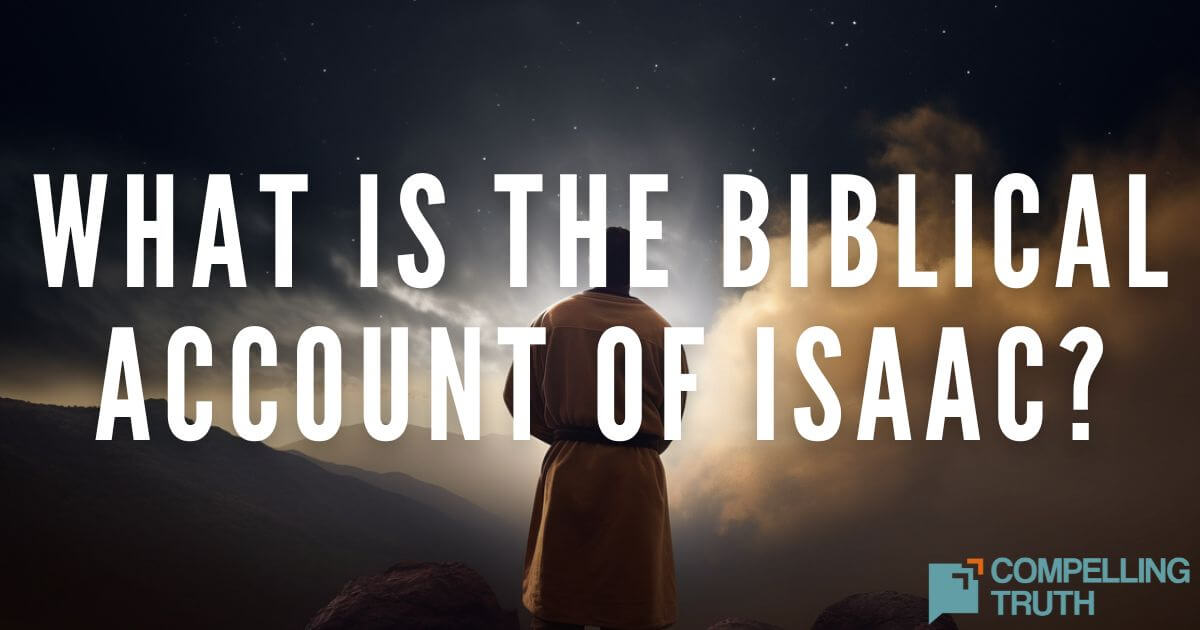Keturah is described in Genesis 25 as the woman Abraham married after the death of his first wife, Sarah. There is some debate about her exact status, as 1 Chronicles 1:32 refers to her as Abraham's concubine. Keturah bore Abraham six sons, who became the ancestors of various Arabian tribes. Beyond her relationship with Abraham and their children, little else is known about Keturah's life, heritage, or fate.
Nothing more of Keturah is mentioned in the Bible besides her relationship to Abraham and the six sons she bore him, so we do not know her age, heritage, beliefs, or even what happened to her after Abraham's death. However, God did see fit to include her name in the Bible as noteworthy. God knows each person's name and even the number of hairs on each person's head (Isaiah 45:4; Luke 12:7). The relationships we have and the roles we hold in this life are important to God. Whether those roles be spouse, parent, worker, friend, student, or anything else, God sees your life and wants to equip you to live out those roles in ways that bring Him glory and are a blessing to you and those around you (Deuteronomy 10:12–13; John 15:1–17).




